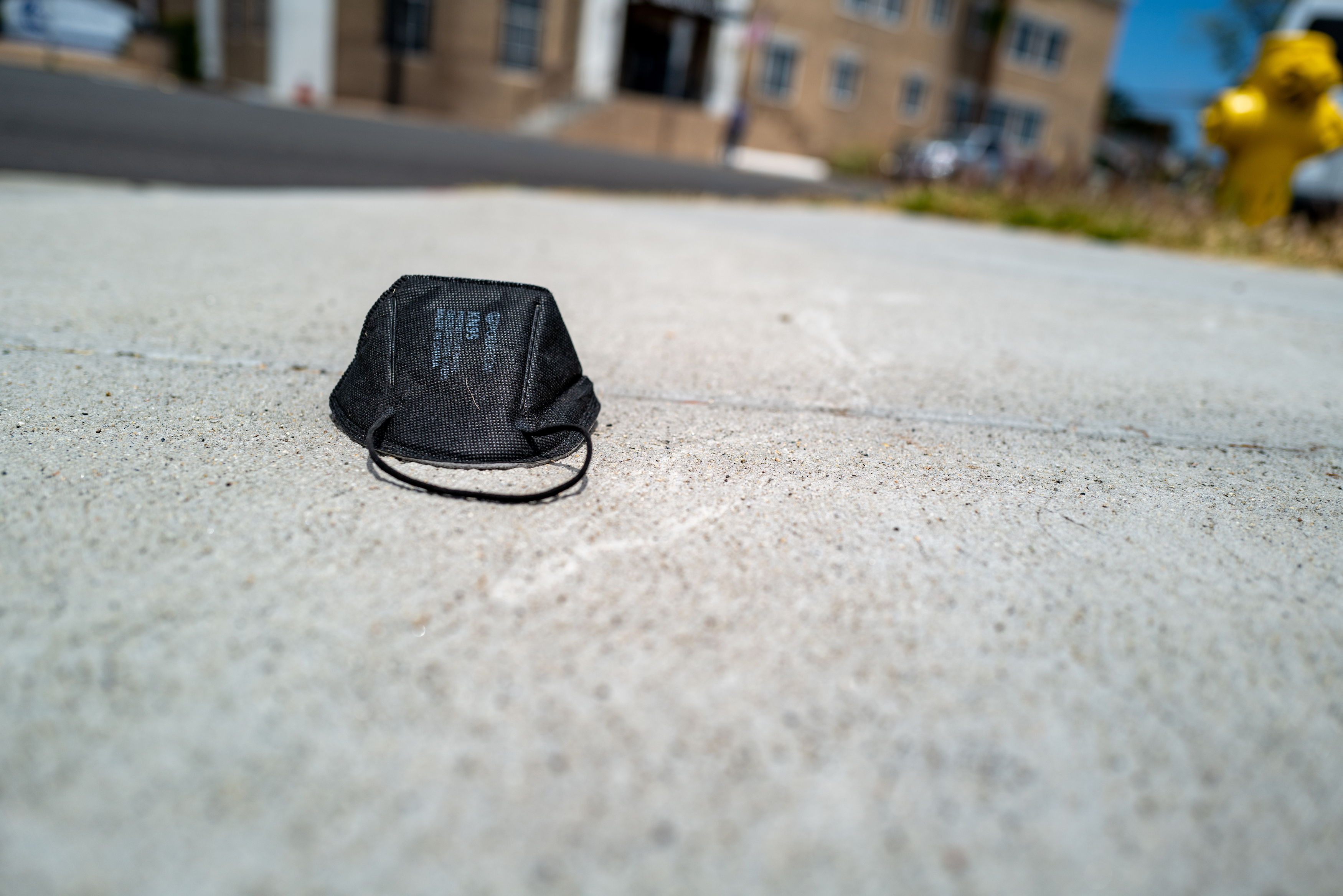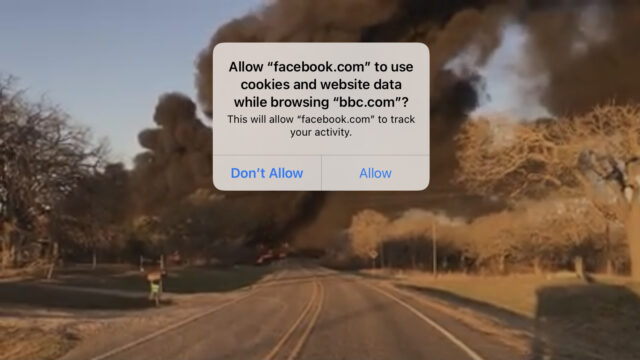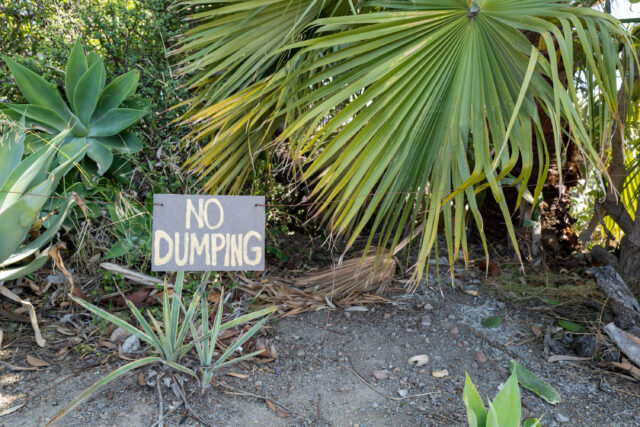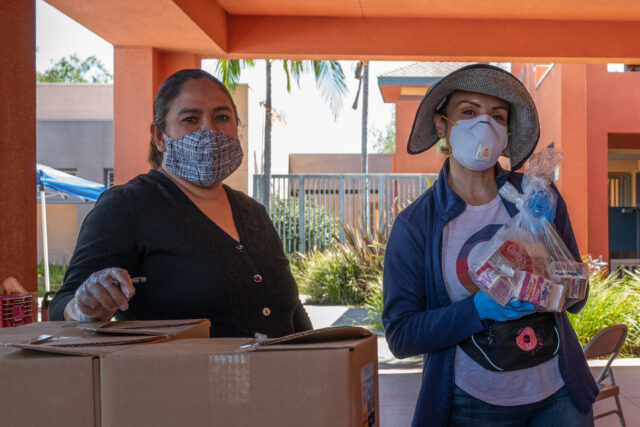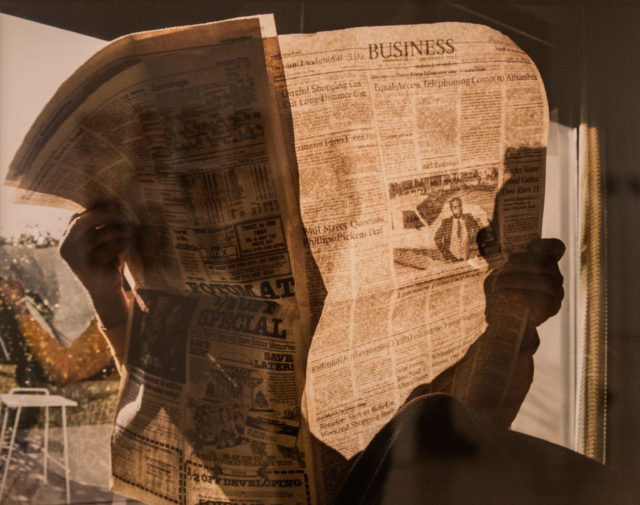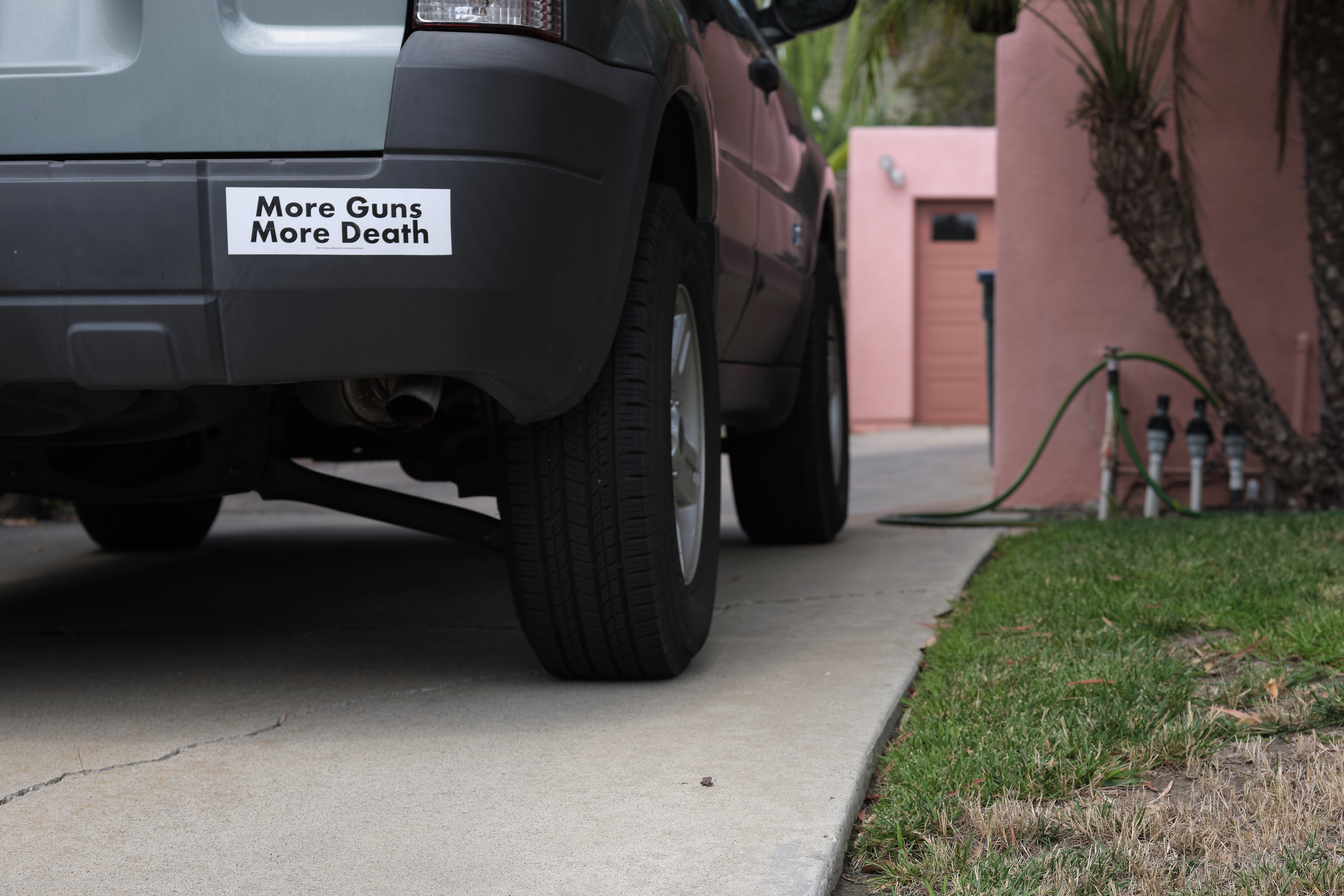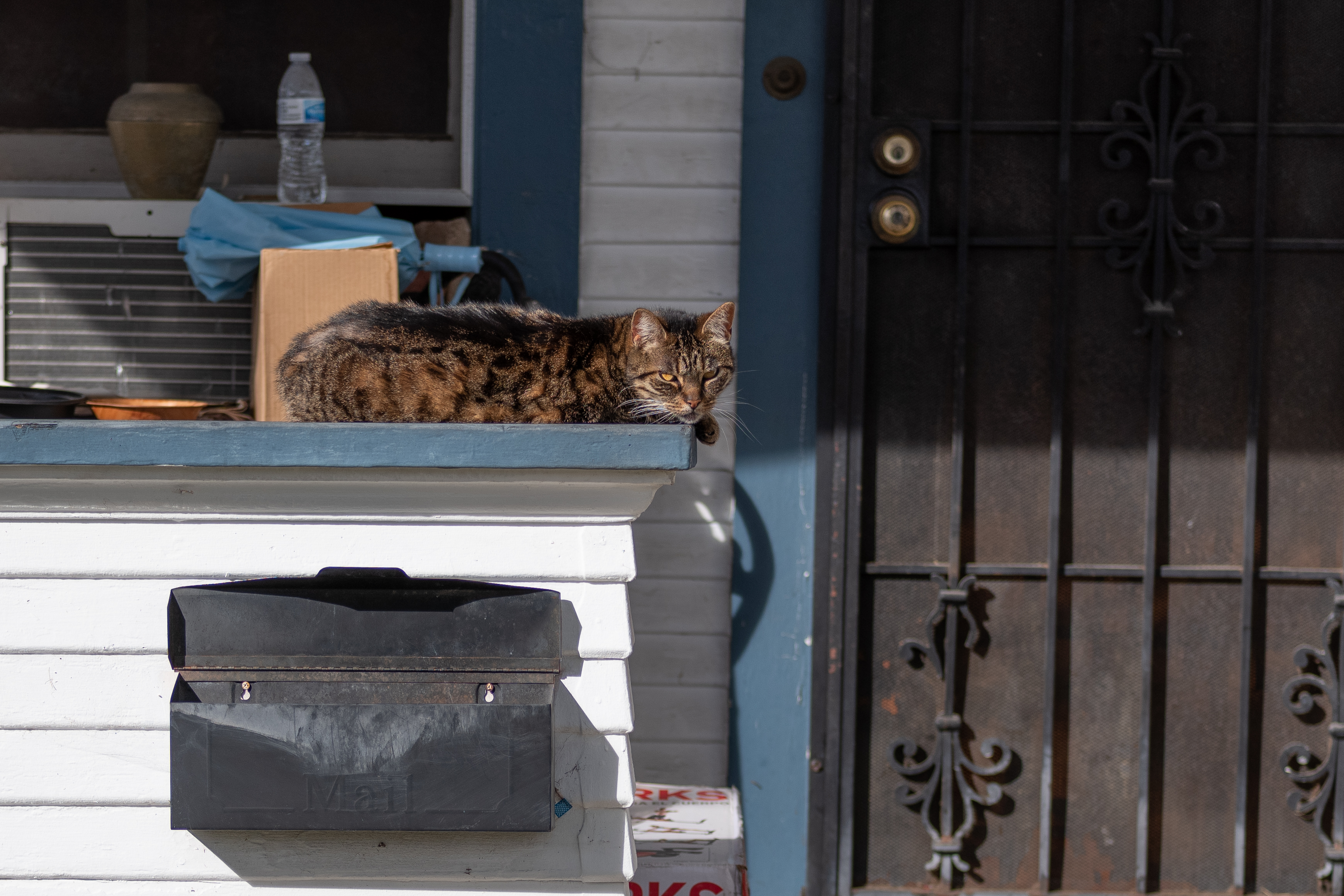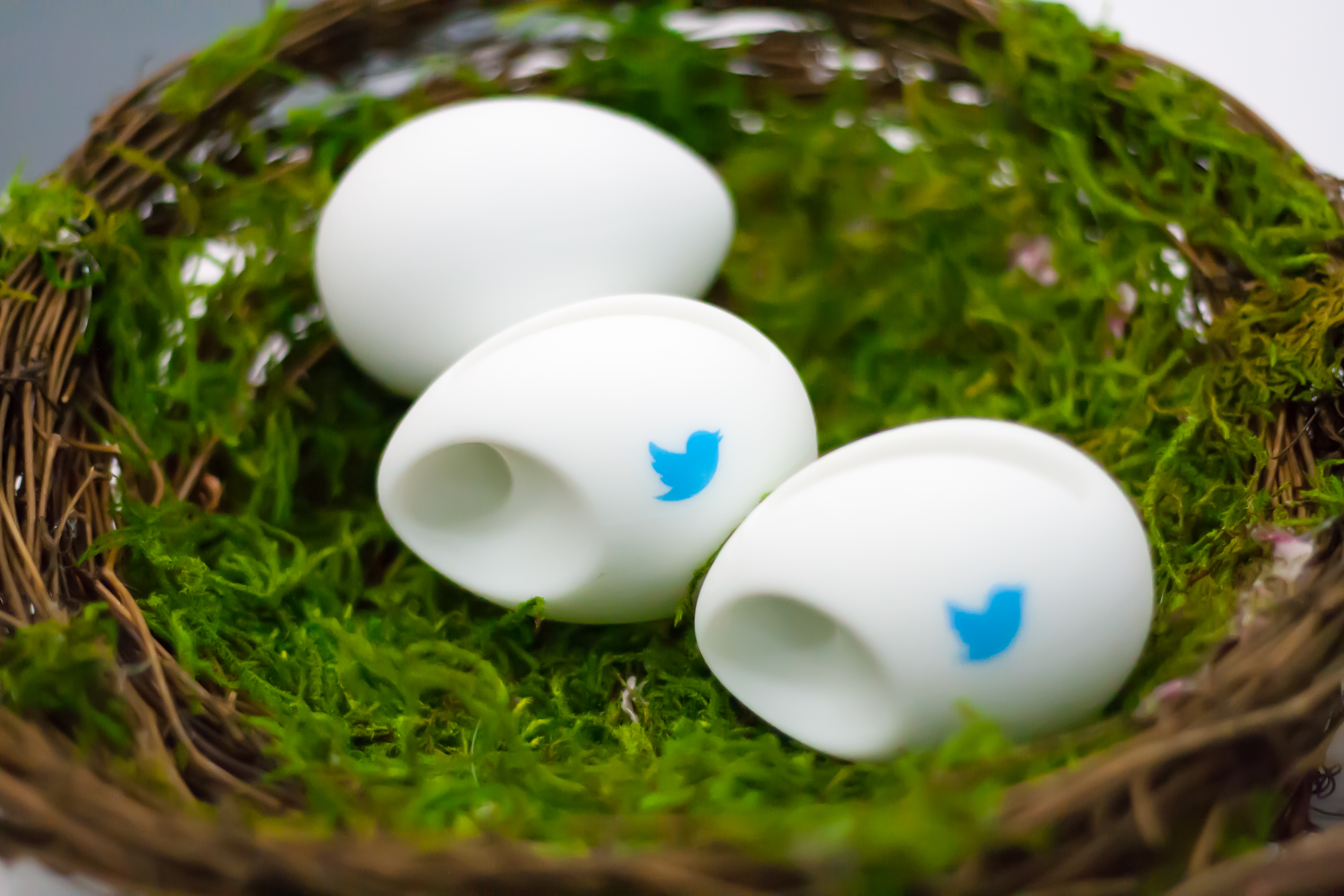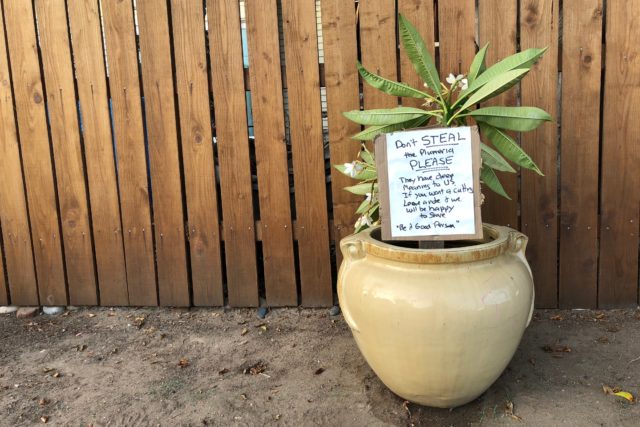What a difference a year makes. In April 2020, when SARS-CoV-2 (severe acute respiratory syndrome Coronavirus 2), which causes COVID-19, seemed so dire and face masks were so difficult to find, I wrote about the perils of not wearing one—illustrated with a rare, discarded protective covering. Now the Centers for Disease Control and Prevention advises that vaccinated individuals no longer need to wear masks, or social distance, in most situations—meaning: “except where required by federal, state, local, tribal, or territorial laws, rules, and regulations, including local business and workplace guidance”.
Long before the unexpected change to pandemic public policy, just two days ago, face masks could be found littered all about the County. San Diego Union-Tribune spotlighted the debris along beaches in July 2020; early last month, ABC News reported that “discarded masks litter beaches worldwide, threaten sea life“; the local CBS affiliate, reporting about the April 24, 2021 “19th-annual ‘Creek to Bay Clean-up'”, explained that there has been a surge in ‘single-use plastics”— and the “biggest offender? PPE [Personal Protective Equipment], especially masks”.
